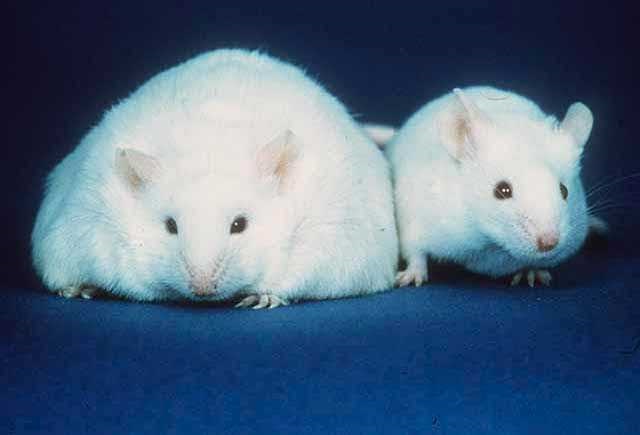I’ve been waiting a while to write this post. Like, months. Because it’s a complex issue, and it deserved some thought. (Also, I figured I’d probably piss a few people off with my take on this, and I really needed some time to galvanize myself) I think this question breaks further down into three questions: […]

Is it your life’s mission to make all fat people thinner? Please consider a new hobby.

Join us as we explore the idea of health and wellness from a new perspective. Each episode we will discuss topics that we hope to help you improve your health, body image and fitness without obsessing on the scale or counting calories. We believe in Health at Every Size®, Intuitive Eating, and body positivity and we want to help you build the confidence to ditch the scale, and embrace your health without shaming your body.
apple podcasts & Spotify
The Dietitians unplugged Podcast
Listen on: